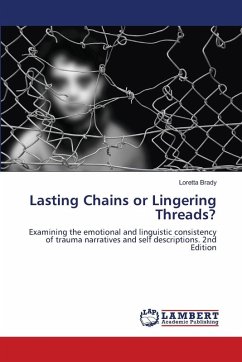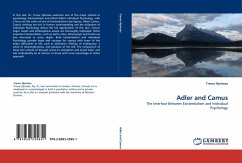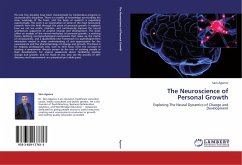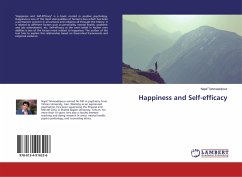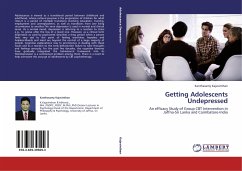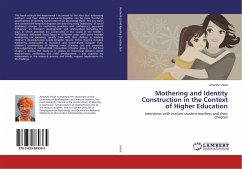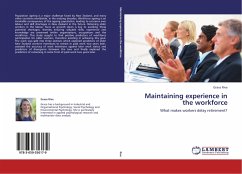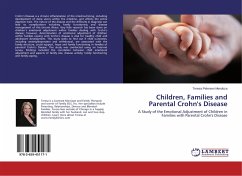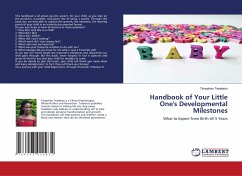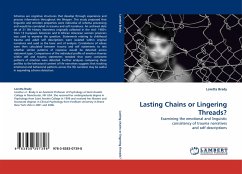
Lasting Chains or Lingering Threads?
Examining the emotional and linguistic consistency of trauma narratives and self descriptions
Versandkostenfrei!
Versandfertig in 6-10 Tagen
39,99 €
inkl. MwSt.

PAYBACK Punkte
20 °P sammeln!
Schemas are cognitive structures that develop through experience and process information throughout the lifespan. This study proposed that linguistic and emotion properties were indicative of schema processing and would be correlated in trauma and self narratives. An archived data set of 21 life history interviews originally collected in the mid- 1980 s from 13 European American and 8 African American women prisoners was used to examine the question. Statements relating to childhood trauma and adult self descriptions were isolated within original narratives and used as the basic unit of analys...
Schemas are cognitive structures that develop through experience and process information throughout the lifespan. This study proposed that linguistic and emotion properties were indicative of schema processing and would be correlated in trauma and self narratives. An archived data set of 21 life history interviews originally collected in the mid- 1980 s from 13 European American and 8 African American women prisoners was used to examine the question. Statements relating to childhood trauma and adult self descriptions were isolated within original narratives and used as the basic unit of analysis. Correlations of values were then calculated between trauma and self statements to test whether similar patterns of response would be detected across statement type. Comparisons of the individual profile of emotion themes within self and trauma statements revealed that some consistent patterns of emotion were detected. Further analyses comparing these profiles to the behavioral content oflife narratives suggests that tracking emotional and behavioral patterns across the life narrative may be useful in expanding schema detection.



